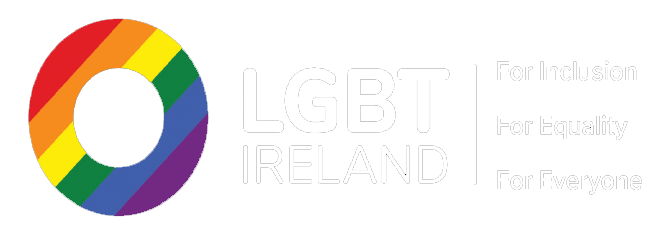As part of the #BeYourself campaign we have highlighted some members of the LGBTQI+ community that give encouragement and strength to #BeYourself, and we have opened a dialogue for them to share their thoughts and opinions. Andrew Gurza is a disability awareness consultant and talks about what it means to be a queer person with a disability and how people with disabilities are portrayed in society (including their sexuality and desires) via his podcast, film, his personal blog and website and across various social media platforms.
Boys in Chairs: Body Image, Boyfriends, Sexuality and Self-Image – What It’s Like to Be Inside Our Intersectionality
Last night, I decided to re-invigorate my online dating profile. My “deliciously dirty thirties” (you’re welcome those of you in/or nearing 30) are approaching, and I thought it was time that I tried yet again to connect with someone. Soon enough, this guy and I started talking. We’d planned to meet for coffee over the next few days. Certainly not wedding bells, but a start. I then changed my profile picture to accentuate my chair. (Full disclosure: I didn’t necessarily talk about my disability in my new profile. Mostly because it was late when I created it and I just wasn’t thinking about it.) Well, the minute the guy found out that I’d be bringing my own chair to coffee, his whole demeanor changed. He said that I had deceived him, and that I hadn’t been honest. Now, this kind of stuff happens to me quite frequently, so I have developed a pretty thick skin (that’s not the only skin I have that is thick, in case you’re wondering). (I’m just going throw on some Molly Ringwald and 90s Alanis and gorge on Chinese, and I’ll be fine.)
I use the above incident as a catalyst for my entry today. It bears reminding that educating the larger LGBTQ community on the needs of Queers with Disabilities is sorely needed yet exhausting work. In my work, I want to bring to light the lived experience of the cripple (hahahaha, sounds like a Nat Geo segment, amirite?). So often, I feel as if Crips (both queer and otherwise) are attempting to navigate their disabilities in order to ensure the comfort of others. There have been many nights wherein I lay with a guy in what was meant to be this steamy, sexy time but instead turned into me literally asking the guy if my disability was too much for him. Oh yeah, I am a master of second date sabotage. It is very rare that we delve into the mind of the cripples themselves when we explore romance or sex. The majority of the time, it would seem that we are trying to convince everyone else we’re viable. So, I wanted to go over some common fears that cripples have when we date/engage in sexual congress to highlight how we feel about it. I talked to some other Queer Crips so that I could gain a fuller perspective.
Body Image: This is not specific to Queer Crips, as I think everyone has issues with their body, especially gay men. That said, I think it takes on a whole different feeling when you have a disability simply because you can’t go to the gym to ‘work off your crippled’. I know for myself, I am the king of the selfie because I am constantly trying to fit into that homo-normative box, hoping that a certain angle or lighting trick will make someone see past the chair and make me look ‘worthy’ of my sexuality (I have been trying recently to have my chair in every photo in an attempt to make it part of my awesomeness).
Interestingly enough, a few of the Queer Crips that I talked to about body image highlighted that it is hard for them to be called ‘hot’ or ‘cute’, mainly because they don’t feel like they can trust it. I can relate to that. So often we are patronized and talked down to out of a lack of awareness, that when someone pays a cripple a genuine compliment, it is met with a barrage of suspicion that goes something like this: ‘He’s just saying that’ or ‘it’s just because I’m disabled’. All this comes from the fact that the disabled body is not prominently featured enough in popular media (HBO, have the producers of Looking call me… 647….), and also that PwD have constantly been told that our sex is not valid. The suspicion that we feel is proof that we have heard this one too many times, and are starting to validate and internalize it. Many of us will never be the 8 pack bearing model, wheelchair or not; the difference is that without any kind of role model or schematic to draw from, Queer Crips may feel like they are not sexy to anyone—themselves included. One Queer Crip said it best when he said: “Don’t you just wish some guy’s balls would be sweating ‘cuz he’s so hot for you?” I can’t say I’ve ever wished for that particular scenario, but the sentiment is all the same.
For more on this blog visit: http://www.andrewgurza.com/
Website: www.AndrewGurza.com
Podcast: DisabilityAfterDark on iTunes
Twitter: @andrewgurza

